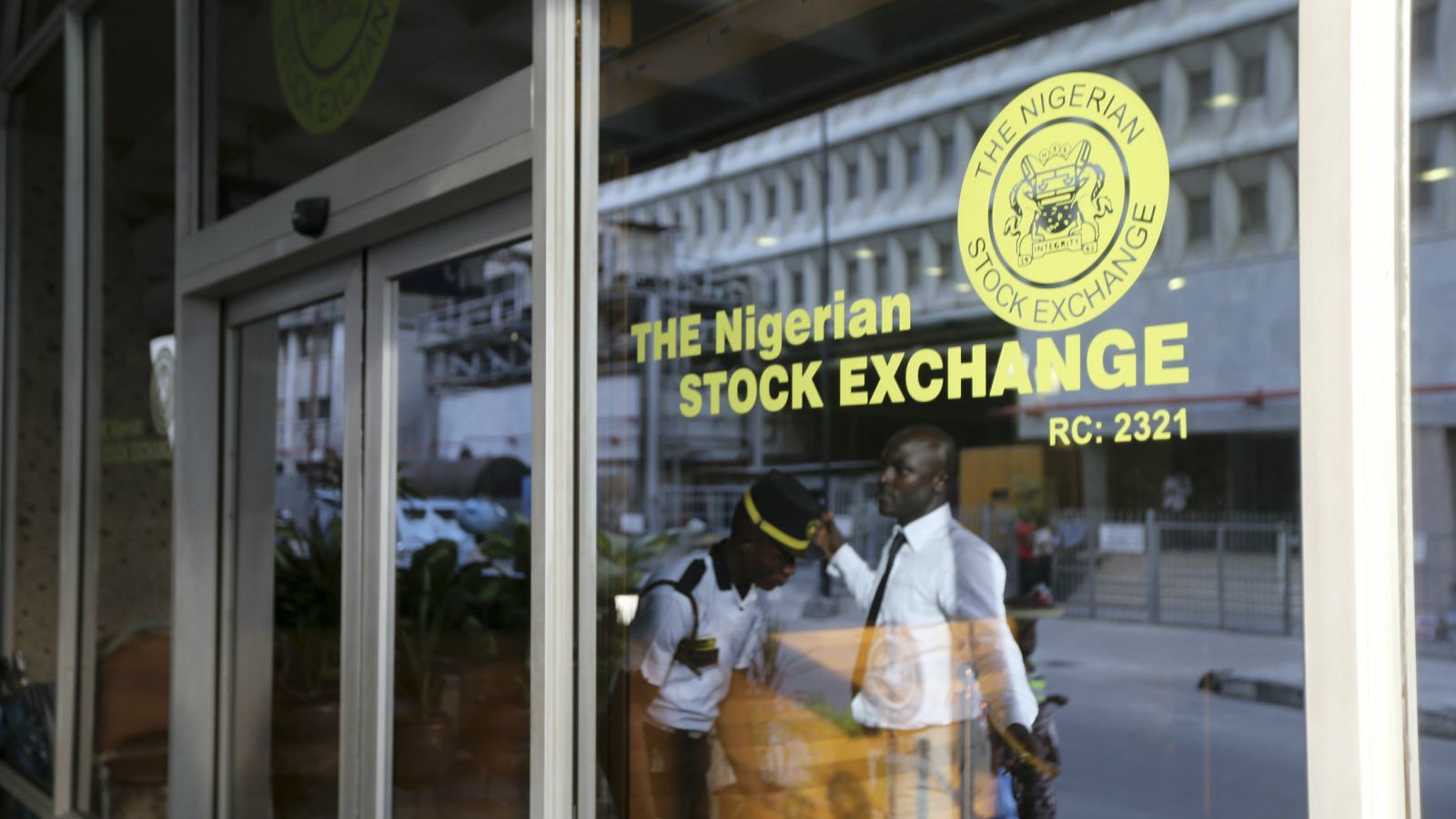After enduring a three-day decline, oil prices recovered on Thursday, offering a glimmer of hope to investors amid a volatile market landscape.
The rebound was fueled by a combination of factors ranging from geopolitical developments to supply concerns.
Brent crude oil, against which Nigeria oil is priced, surged by 79 cents, or 0.95% to $84.23 a barrel while U.S. West Texas Intermediate (WTI) crude climbed 69 cents, or 0.87% to $79.69 per barrel.
This turnaround came on the heels of a significant downturn that had pushed prices to their lowest levels since mid-March.
The recent slump in oil prices was primarily attributed to a confluence of factors, including the U.S. Federal Reserve’s decision to maintain interest rates and concerns surrounding stubborn inflation, which could potentially dampen economic growth and limit oil demand.
Also, unexpected data from the Energy Information Administration (EIA) revealing a substantial increase in U.S. crude inventories added further pressure on oil prices.
“The updated inventory statistics were probably the most salient price driver over the course of yesterday’s trading session,” said Tamas Varga, an analyst at PVM.
Crude inventories surged by 7.3 million barrels to 460.9 million barrels, significantly exceeding analysts’ expectations and casting a shadow over market sentiment.
However, the tide began to turn as ceasefire talks between Israel and Hamas gained traction, offering a glimmer of hope for stability in the volatile Middle East region.
The prospect of a ceasefire agreement, spearheaded by Egypt, injected optimism into the market, offsetting concerns surrounding geopolitical tensions.
“As the impact of the U.S. crude stock build and the Fed signaling higher-for-longer rates is close to being fully baked in, attention will turn towards the outcome of the Gaza talks,” noted Vandana Hari, founder of Vanda Insights.
The potential for a resolution in the Israel-Hamas conflict provided a ray of hope, contributing to the positive momentum in oil markets.
Despite the optimism surrounding ceasefire talks, tensions in the Middle East remain palpable, with Israeli Prime Minister Benjamin Netanyahu reiterating plans for a military offensive in the southern Gaza city of Rafah.
The precarious geopolitical climate continues to underpin volatility in oil markets, reminding investors of the inherent risks associated with the commodity.
In addition to geopolitical developments, speculation regarding U.S. government buying for strategic reserves added further support to oil prices.
With the U.S. expressing intentions to replenish the Strategic Petroleum Reserve (SPR) at prices below $79 a barrel, market participants closely monitored price movements, anticipating potential intervention to stabilize prices.
“The oil market was supported by speculation that if WTI falls below $79, the U.S. will move to build up its strategic reserves,” highlighted Hiroyuki Kikukawa, president of NS Trading, owned by Nissan Securities.
As oil markets navigate a complex web of geopolitical uncertainties and supply dynamics, the recent rebound underscores the resilience of the commodity in the face of adversity.
While challenges persist, the renewed optimism offers a ray of hope for stability and growth in the oil sector, providing investors with a semblance of confidence amidst a volatile landscape.

 Naira4 weeks ago
Naira4 weeks ago
 Billionaire Watch4 weeks ago
Billionaire Watch4 weeks ago



 Naira4 weeks ago
Naira4 weeks ago






 Naira4 weeks ago
Naira4 weeks ago


 Naira3 weeks ago
Naira3 weeks ago






 Naira3 weeks ago
Naira3 weeks ago
 Economy4 weeks ago
Economy4 weeks ago


 Naira3 weeks ago
Naira3 weeks ago






















